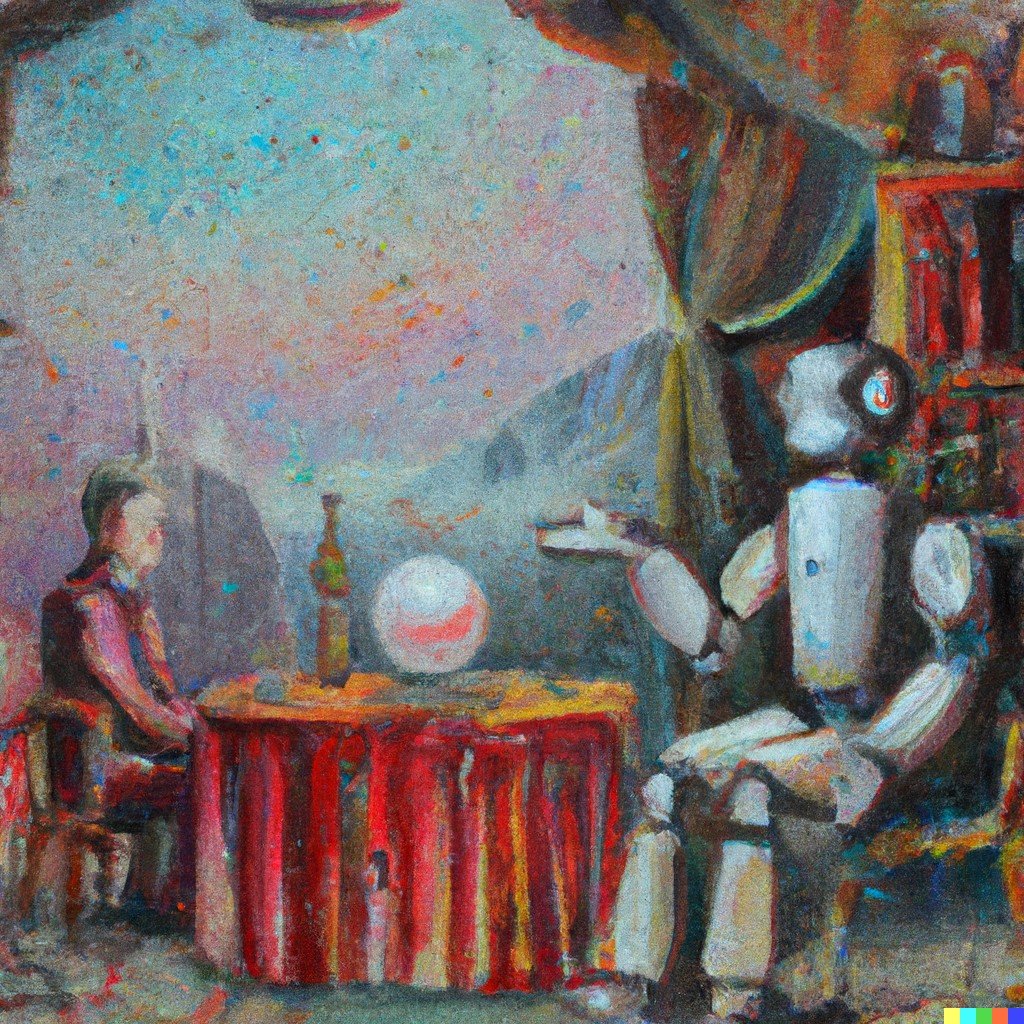FAQ on Legal Issues of ChatGPT Text Generation
by Prof. Dr. Thomas Wilmer
For a detailed legal analysis, please see the publications listed under "Publications". For individual legal advice please contact a law firm. We do not accept any liability for the correctness and actuality of the information provided. For questions from students of the h_da, the author as data protection officer is responsible for data protection issues and the respective lecturers for questions of use in examinations.
1. Who has a copyright over the texts generated by ChatGPT?
According to German law (§ 2 UrhG, The German Act on Copyright and Related Rights), only a HUMAN creation is protected by copyright, so that neither the operators of ChatGPT nor the user, as the one who has had the text generated by a so-called "prompt", is the author of the texts. Nevertheless, the operator of ChatGPT, as the one offering the service, can determine within certain limits the purposes for which the texts are used.
2. May I use the texts generated by ChatGPT privately?
Yes, because ChatGPT licenses the texts freely for each user. However, the applicable terms and conditions of ChatGPT must be observed, although it is still unclear whether these are fully effective under German law.
3. May I use the texts generated by ChatGPT for examinations?
Only if this is permitted in the corresponding examination (for example, in a paper that deals with ChatGPT. Taking over ChatGPT texts without marking them violates the affidavit of independent writing of the respective paper (so-called "declaration of independence").
Even if ChatGPT texts were placed in inverted commas, they cannot be used because ChatGPT is not a scientific reference.
4. May I use the texts generated by ChatGPT in my profession to save time?
In any case, such use should be disclosed to the employer or client. If one is paid to generate texts, concealing the use of ChatGPT could, at worst, constitute fraud against the person who paid for the personal generation of a text.
5. Is ChatGPT compliant with data protection law?
A distinction must be made between a) the pure use of ChatGPT, e.g. for abstract questions, and b) the entry of information or questions about persons in the prompt.
a) As with any tool, pure use is not data protection compliant if data about the user is not handled in accordance with the GDPR by OpenAI as the operator of ChatGPT. In principle, a lot of information about the user (preferences, illnesses, political attitudes, etc.) can be learned from the prompts, which may be stored together with other data (such as the user's IP address). Data protection issues may therefore arise even without entering personal data.
For individual data protection issues, please refer to:
- the orientation of the Data Protection Conference (DSK) ‘Artificial Intelligence and Data Protection’ version 1.0 of 06.05.2024
- the Checklist for the use of LLM-based chatbots of the Hamburg Data Protection Authority dated 13 November 2023; and
- the Checklist for GDPR-compliant AI from the Bavarian Data Protection Authority of 24 January 2024.
b) If you include personal names in your prompts, you may be expanding ChatGPT's database with personal data of third parties who cannot influence this. This is similar to Google search queries that combine people with certain characteristics and then result in them being suggested as additions in autocomplete (such as "Wilmer deranged" or "Wilmer demigod") because they were stored in the Google database.
6. Who owns the data on which ChatGPT is based? Does ChatGPT violate the rights of any third parties?
This is not fully known. In addition to contracts with databases, the training data pool also feeds on third-party websites without the corresponding permission. As long as the owners of these websites have not objected (§ 44b UrhG, the German Copyright Act), this is presumably also permissible under § 44a UrhG and possibly also § 66 UrhG.
Insofar as ChatGPT texts are always based on newly created formulations and do not take over longer text passages from third parties, there is no infringement of third-party copyrights in the sense of copying, editing, distributing or making available to the public. However, if third-party databases are taken over without consent or systematically read out, OpenAI could be in breach of database rights under Sections 87a, 87b UrhG.
